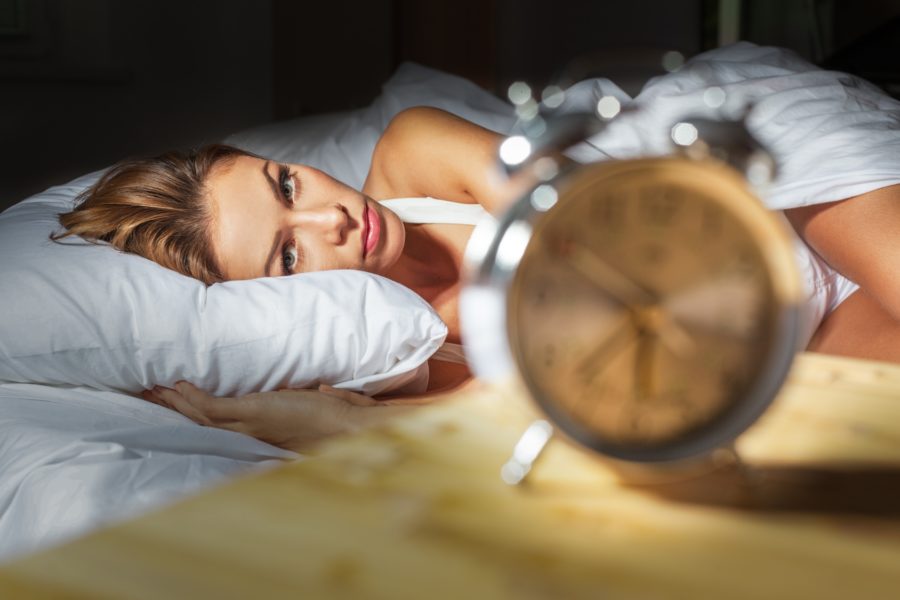Sleep Hygiene: How to Prevent Insomnia
Sleep hygiene is the habit that helps an individual to have a good night’s sleep. Most sleeping problems are often caused by bad habits which are reinforced over years. Obtaining healthy sleep is important for it improves both the physical and mental state that would enhance the overall quality life of an individual.
Insomnia is the inability to sleep which can be caused by psychiatric and medical condition, unhealthy sleep habits, and certain biological factors.
Did you know?
- In 1964, a high school student named Randy Gardner stayed awake for 264.4 hours (11 days and 25 minutes) and is the holder of the scientifically documented record for the longest human who has intentionally gone without sleep.
- Man is the only mammal that willingly delays sleep and spends about the third of their lives asleep.
- Over 90% of people experience some degree of insomnia in their life.
Sleep Hygiene Benefits
Before getting into some of the many ways you can ensure a good night sleep, here are some of the benefits of proper sleep hygiene:
- Strengthens memories or skills learned while the person is awake
- Lowers the risk to curb inflammation (heart disease, stroke, arthritis, etc.)
- Makes the person excel at school or work
- Lower stress level
- Stimulates the mental and physical response of the person
- Improves the overall well being of an individual
Habits to Improve Sleep Hygiene
- Avoid caffeine, alcohol, nicotine, and other chemicals that would interfere with sleep within 4-6 hours before bedtime.
- Avoid heavy meals and spicy foods before going to bed.
- Establishing a pre-sleep routine
- Turning the bedroom into a sleep-inducing environment.
- Balance fluid intake.
- Finish exercising at least 3 hrs before bedtime or do the exercise during the day.
- Nap early or not at all.
- Go to bed early and wake up at the same time each day to set the body’s “internal clock”.

